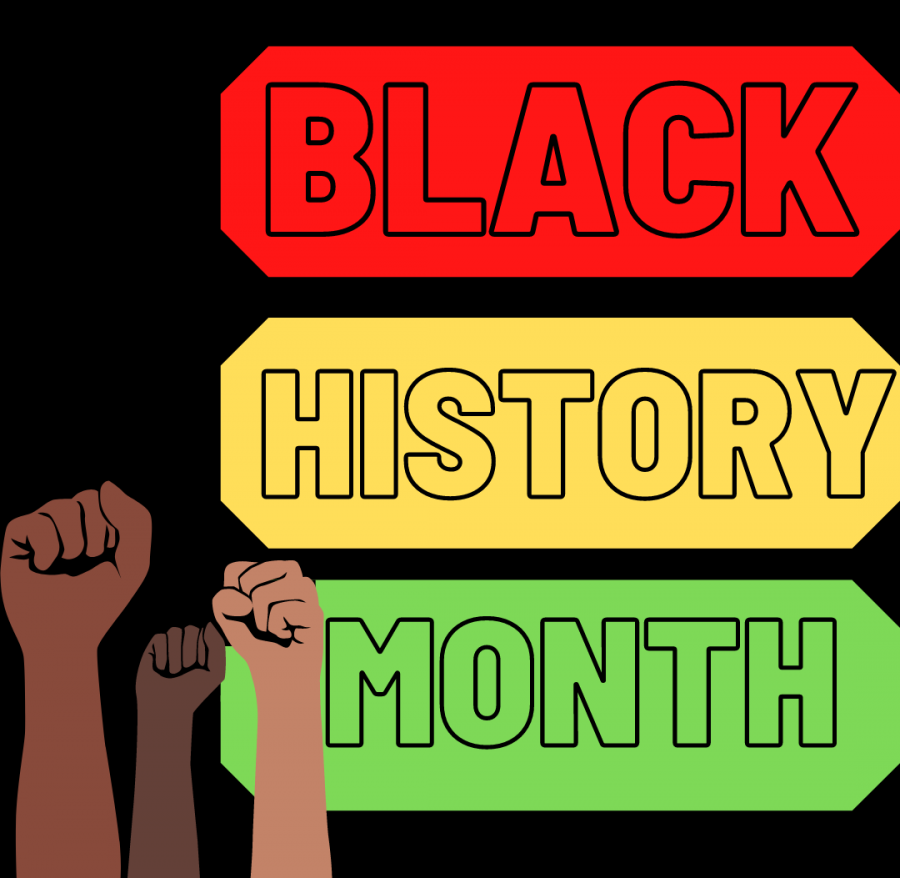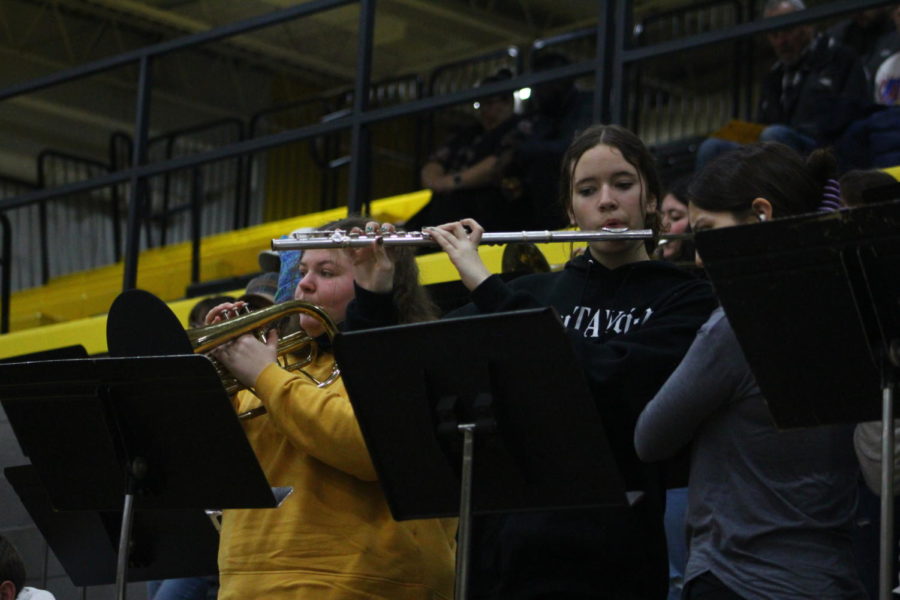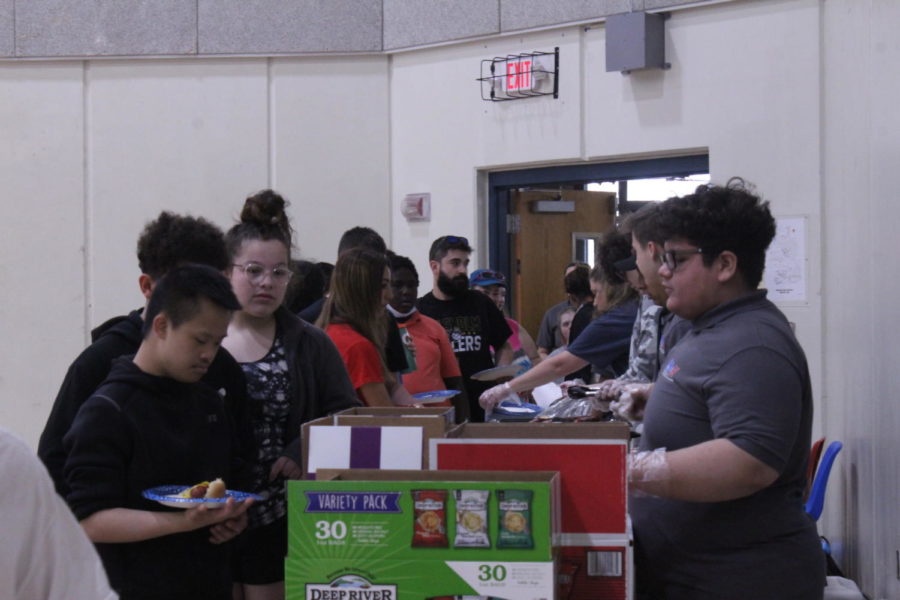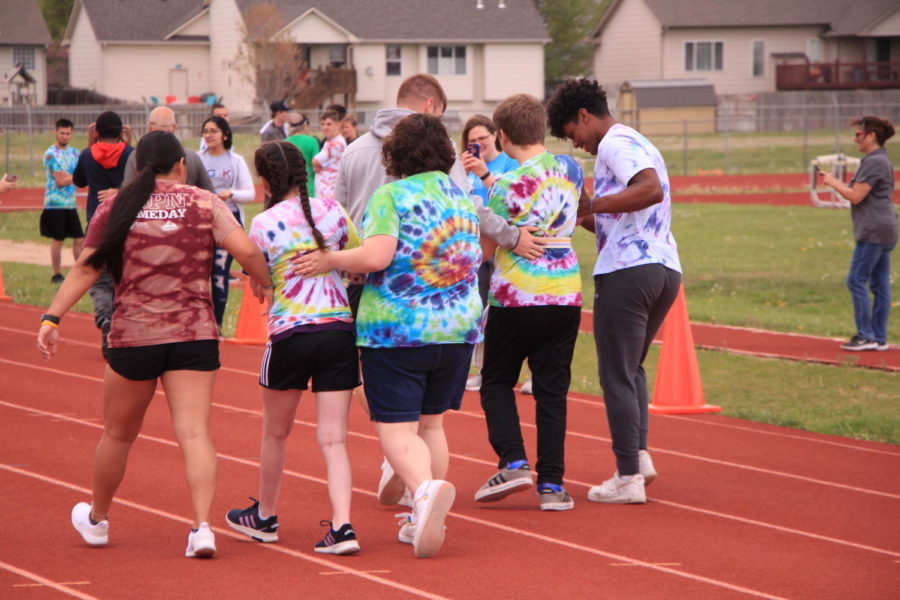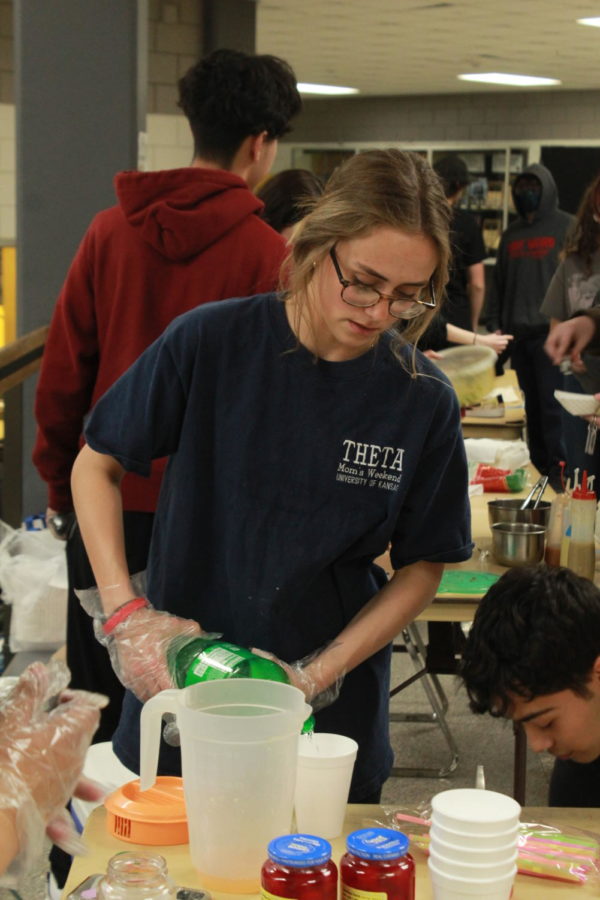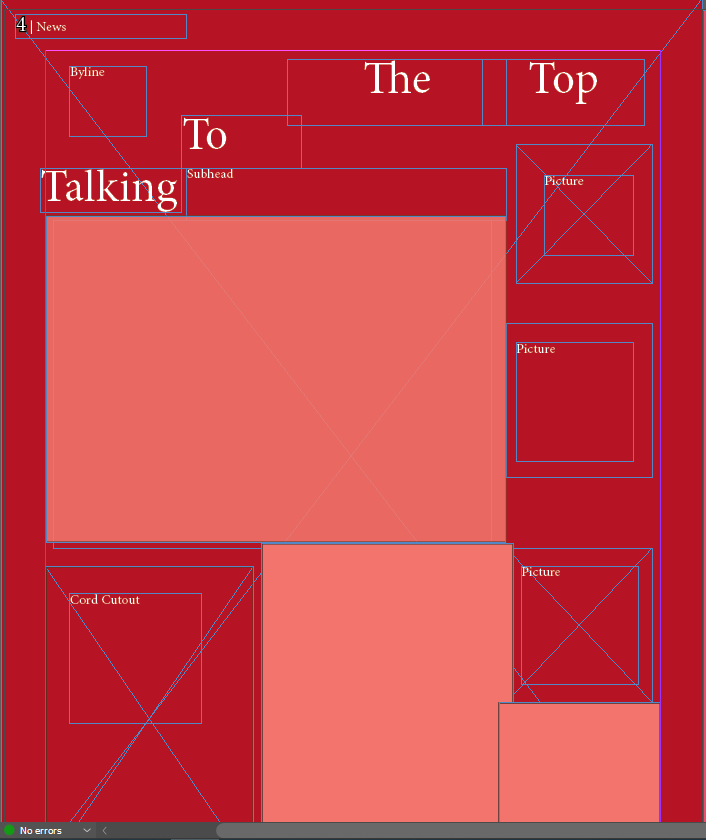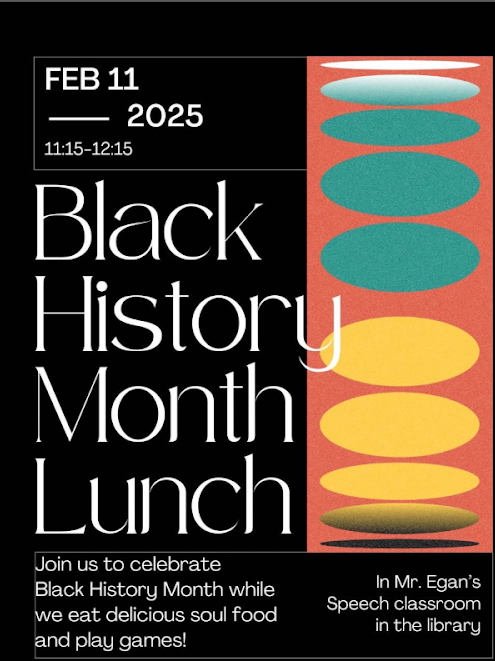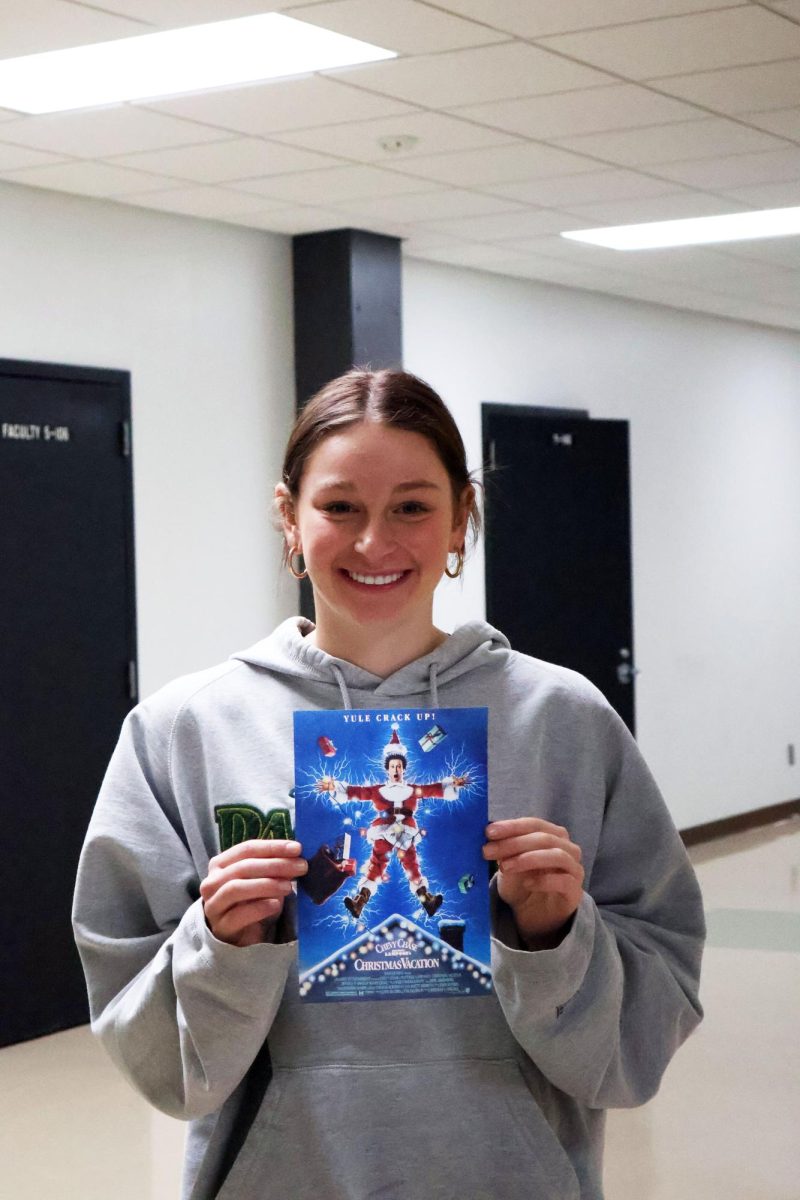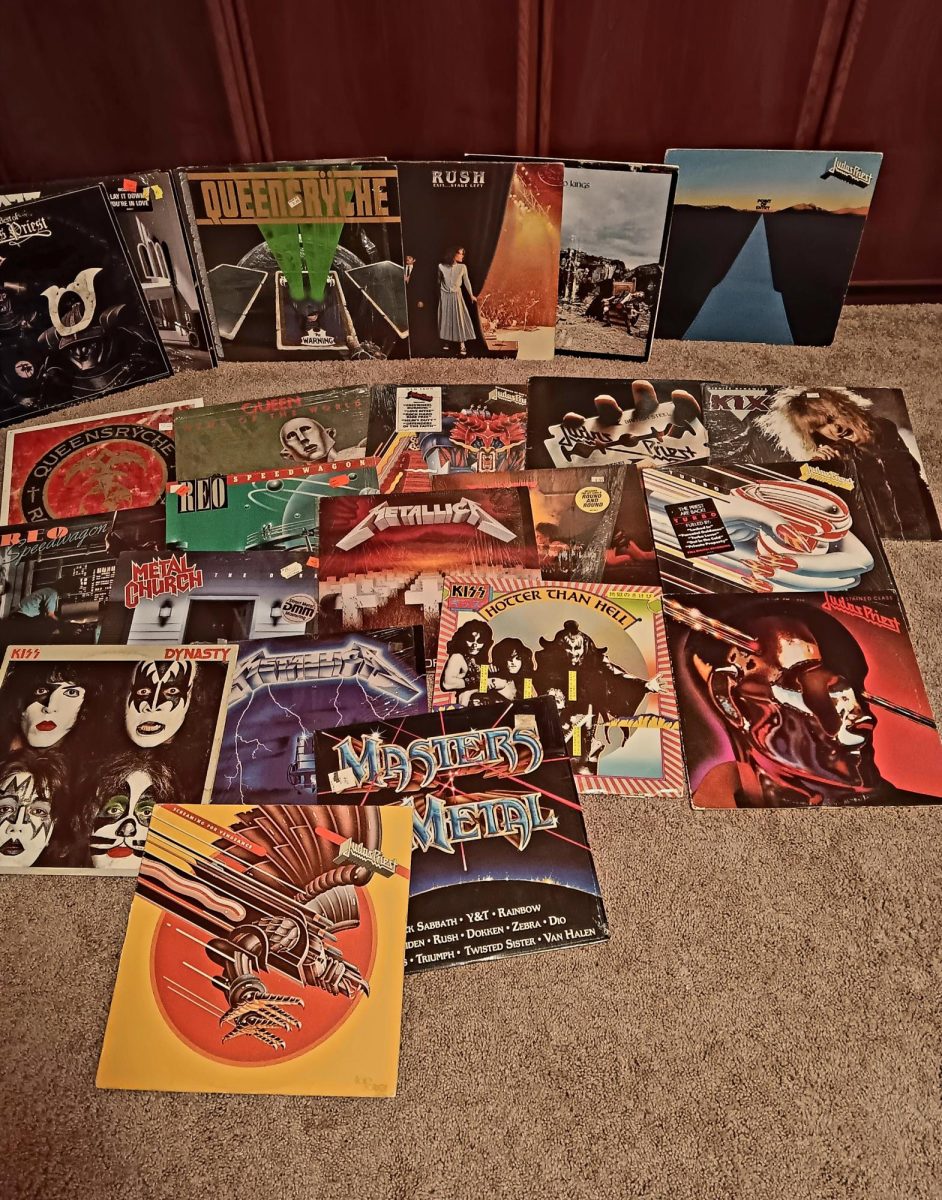Students share thoughts on Black History Month
February 18, 2021
February 2021 marks the 51st official year that Black History Month has been acknowledged and celebrated in the United States. February became the official month for Black History remembrance in 1976 after President Gerald Ford decreed Black History Month a national observance according to TIME. According to a school-wide survey, 36% of NHS students plan on celebrating and/or learning more about Black History this year.
Black History Month was created in order to prompt remembrance for important people and events in the history of African Americans. The Black Lives Matter movement of 2020 has prompted even more people to want to educate themselves about Black History and its importance.
“People like George Floyd and Breonna Taylor who were murdered by police brutality were a big eye-opener for me and a lot of other people because their deaths really make you think [about] what’s going on around me that I don’t even know about,” sophomore Lindsey Warsnak said. “I don’t think a lot of people really understand how much racism still lingers in the U.S. today and Black History Month is an important time to learn about that kind of stuff and understand the experiences of other people.”
There is a wide selection of ways students can educate themselves on Black History and culture. One popular choice is the watching of historically accurate movies. Over the years there have been multiple movies produced that tell the stories of African Americans throughout the Civil Rights Movement. The movie and book, The Help by Kathryn Stockett is one example that is aimed at educating viewers of the poor treatment of African American domestic workers throughout the 1960s.
“No [black creator or activist] has inspired me yet but the movie The Help has, the way [Aibileen] was treated was awful and it hurts [to watch],” freshman Mya Dreier said. “[While researching about Black History Month] I learned that we were treated badly and that we were slaves so I want to continue to make a change.”
Social media has been another way students have found an outlet to learn about Black History. Students can post on their social media stories of different information about Black History Month and the meaning behind it in order to educate their peers. Nationally, there have been a variety of online petitions launched by high school and college-aged students demanding better education about Black History in schools according to The Washington Post. Presently, NHS has a photo collage wall for remembrance of Black History Month and prompts further knowledge of African American history through the club Students for Racial Justice (SRJ).
“I think we should be doing more for Black History Month because at this point if it weren’t for social media I would be super uneducated and I think NHS could help change that because there are kids who don’t have social media and I’m sure there are some who aren’t even aware [February is] Black History Month,” Warsnak said. “You can make it simple if you want to by reading some articles and posts but if you really want to understand just a taste of what it’s like to be black in America, then you have to actually go out and talk to people and want to learn new things which can be a little more difficult.”

